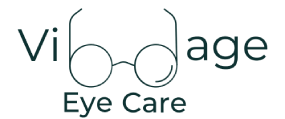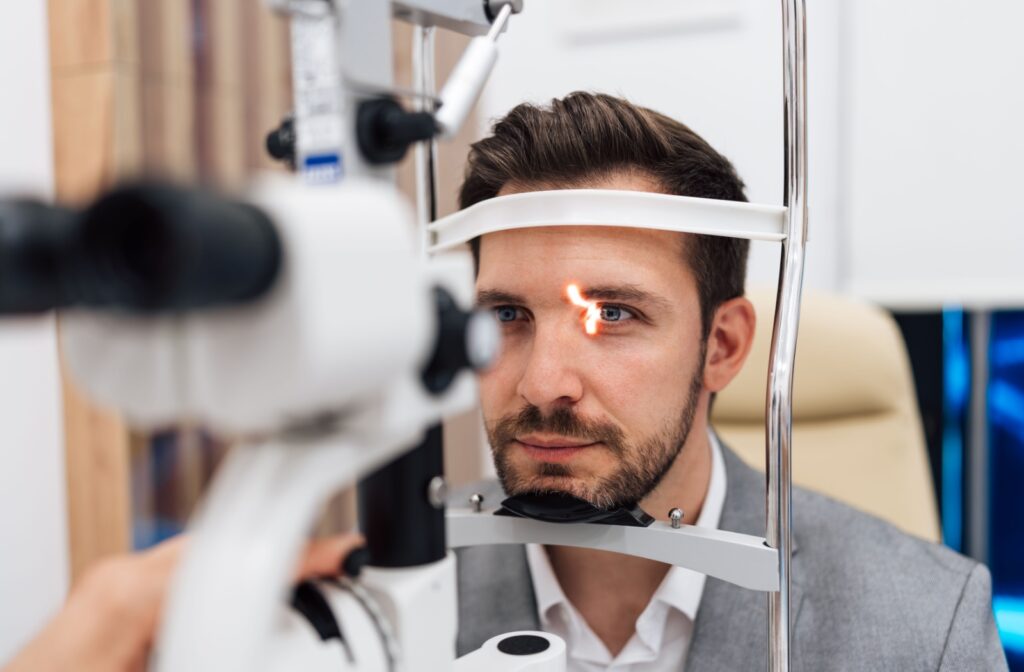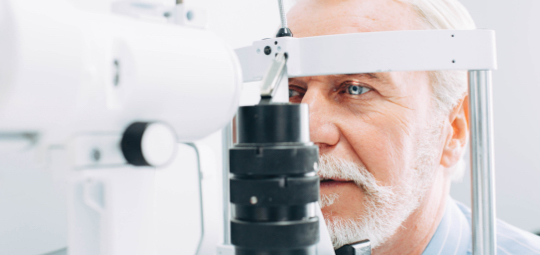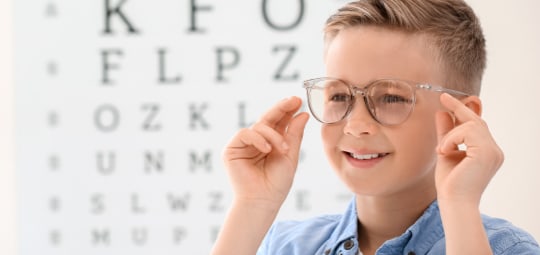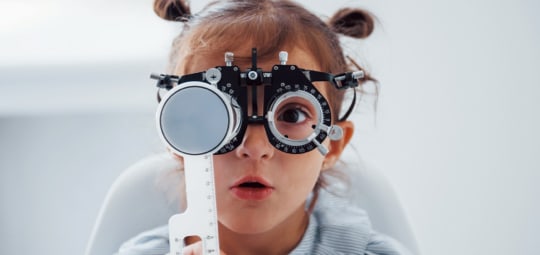If it has been a while since your last eye exam, you might be wondering what to expect and how long it will take. A typical eye exam takes about 30 to 60 minutes and provides important insight into both your vision and your overall health.
Beyond updating your prescription, eye exams can help detect silent conditions, like glaucoma, or early signs of systemic issues, such as high blood pressure or diabetes. Knowing what’s involved and how often to schedule an exam is a simple but powerful step toward protecting your long-term well-being.
Why Eye Exams Are More Than a Vision Test
Eye exams do so much more than help check that you can read the bottom line of an eye chart. They’re important for a number of reasons:
Detecting Eye Diseases Early
Conditions such as glaucoma and macular degeneration often develop without noticeable symptoms. Regular exams can catch these issues early, allowing for prompt treatment.
Identifying Overall Health Issues
Your eyes can reveal signs of general health concerns like diabetes, high blood pressure, and even certain cancers. Early detection means early intervention, which can make a huge difference in outcomes.
Improving Quality of Life
Good vision is important for everyday activities, from driving to reading to enjoying your favorite hobbies. An updated prescription or correction can improve your day-to-day life.
Regardless of whether you wear contacts, glasses, or neither, routine check-ups play a pivotal role in maintaining good health.
How Often Should You Have an Eye Exam?
The recommended frequency of eye exams depends on several factors, including your age, health status, lifestyle, and family history. Here are some general guidelines:
- Adults (18-60 years): Schedule an exam every 1-2 years.
- Children (6 months – 18 years): First exam at 6 months, another at 3 years, and annual check-ups thereafter.
- Seniors (60+ years): Annual exams to monitor for age-related vision changes and health conditions.
- At-Risk Individuals: People with conditions like diabetes or a family history of eye diseases may need more frequent visits.
If you experience sudden vision changes, persistent eye discomfort, or unusual symptoms, don’t wait until your next scheduled exam. Seek an appointment promptly to address these concerns.
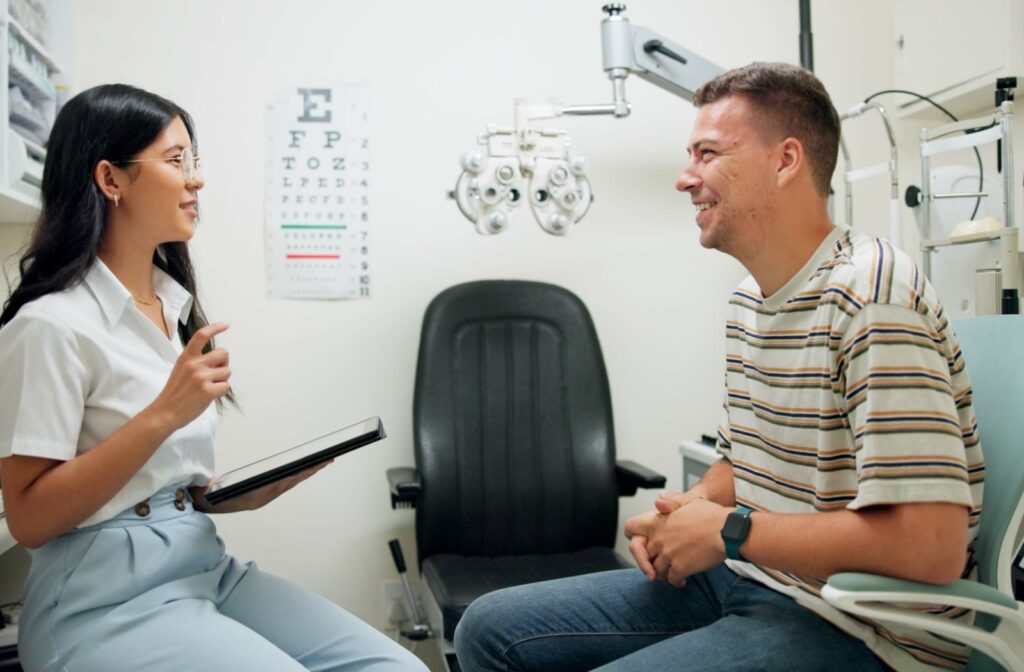
What Happens During an Eye Exam?
A comprehensive eye exam includes several tests aimed at assessing both your visual acuity and overall eye health. Here’s a breakdown of what you might expect:
Visual Acuity Test
This is the classic eye chart test that measures how well you see from a distance. It helps us determine whether you need corrective lenses.
Refraction Test
Using a tool called a phoropter, we’ll determine your lens prescription. This is usually done by asking you to compare different lens options by answering whether “Lens 1 or Lens 2” is clearer.
Eye Health Examination
We’lll examine the internal and external structures of your eye using tools like a slit lamp. This step may involve dilating your pupils to get a closer look at the retina and other internal areas.
Optical Coherence Tomography (OCT)
This non-invasive test uses light waves to capture high-resolution, 3D images of your retina. OCT is particularly useful for monitoring conditions like glaucoma, macular degeneration, and diabetic retinopathy.
Intraocular Pressure Test
Often called the “puff of air” test, this test measures the pressure inside your eyes to detect glaucoma. Another method involves using a tonometer to gently touch the surface of the eye.
The Benefits of a Regular Eye Exam
Wondering why making time for an eye exam matters? Here are just a few reasons:
- Early detection of diseases: Eye diseases like glaucoma don’t always show symptoms until significant damage has already occurred. Early detection during an eye exam can save your vision.
- Up-to-date vision correction: For those who wear glasses or contact lenses, an exam ensures that your prescription remains accurate, thereby reducing eye strain and discomfort.
- Support for overall well-being: Many systemic diseases show early signs in the eyes. Regular eye exams help you stay proactive about your total health, not just your vision.
- Customized eye care: Eye exams provide an opportunity to discuss unique challenges you may face, from digital eye strain to dry eye, and receive tailored recommendations to address them.
Keep Your Vision Sharp & Healthy
Investing in your eye health is one of the best ways to safeguard your overall well-being. Scheduling regular exams can catch problems early, ensure your prescriptions are accurate, and keep your vision sharp.
At The Village Eye Care, we’re passionate about providing personalized and comprehensive eye care. Whether you’re due for a routine check-up or have specific concerns, our dedicated team is here to support your vision and health every step of the way. Book your appointment online today to take the first step toward healthier eyes and clearer vision!
